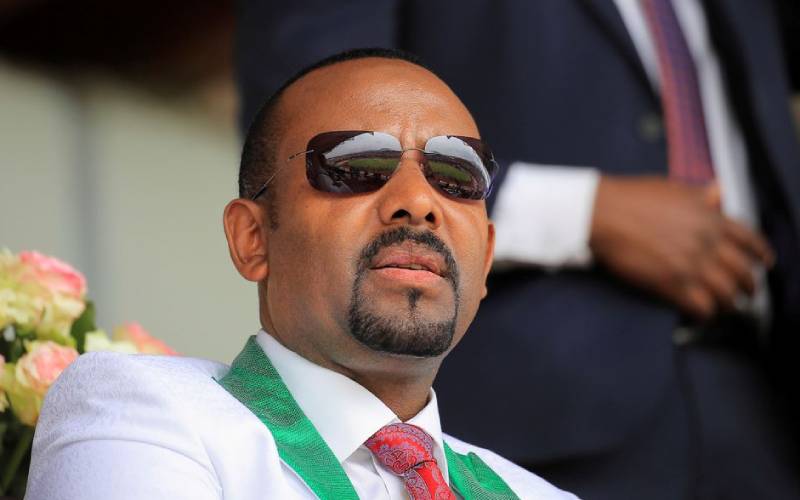×
The Standard e-Paper
Join Thousands Daily

Ethiopian Prime Minister Abiy Ahmed attends his last campaign event ahead of Ethiopia's parliamentary and regional elections that took place on June 21, in Jimma, Ethiopia. [Reuters]
Prime Minister Abiy Ahmed's Prosperity Party won the most seats in Ethiopia's parliamentary election, the election board said on Saturday, a victory that assures him another term in office.